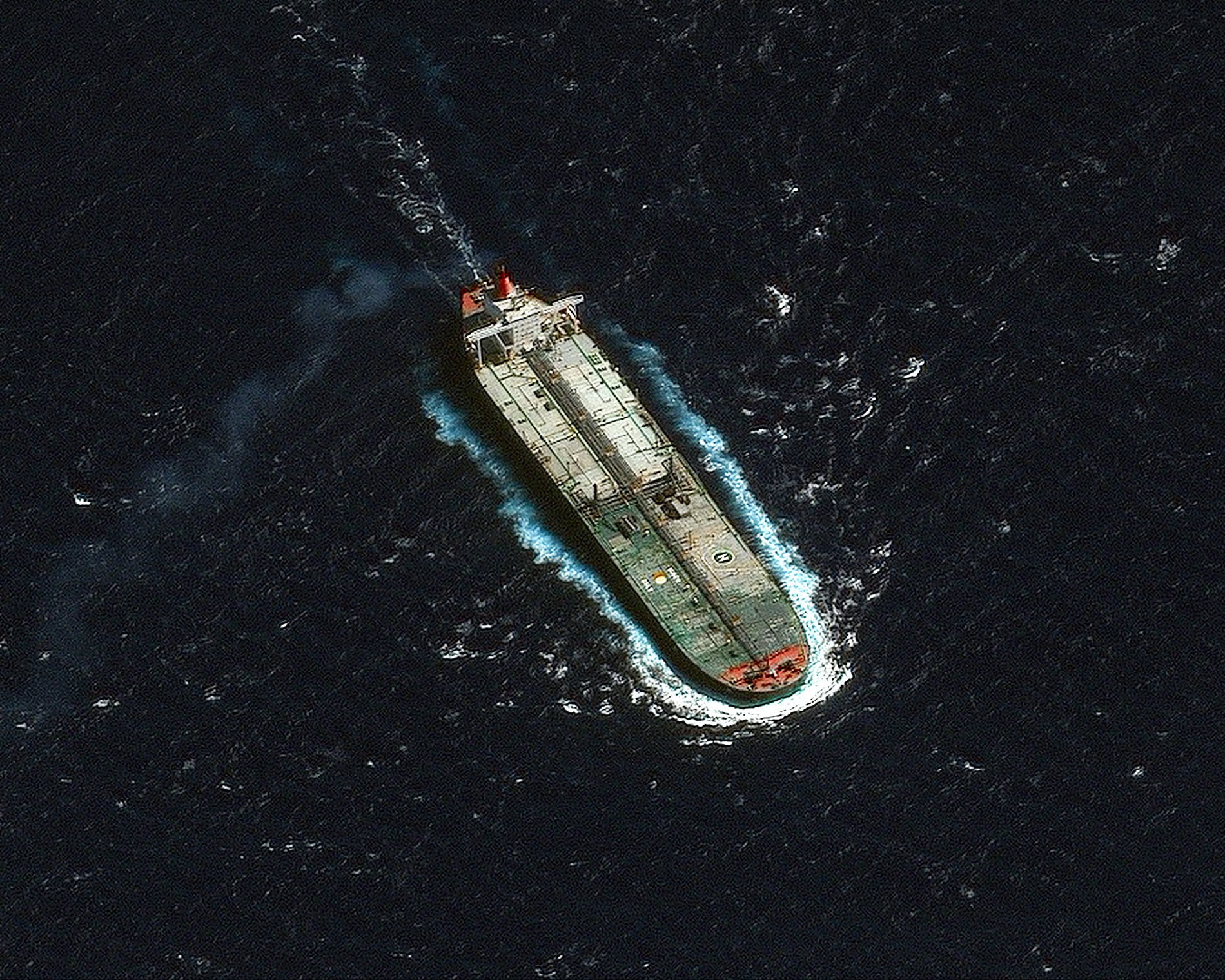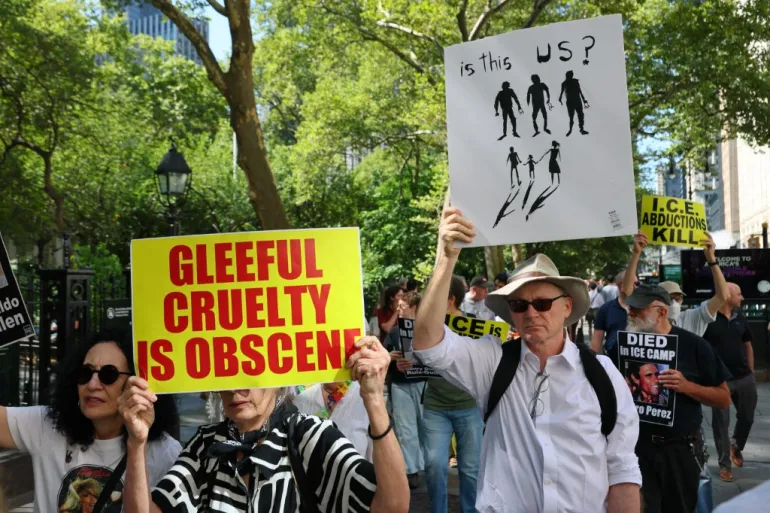Germany is gearing up for a pivotal election this Sunday, with four candidates vying for the chancellorship, each representing vastly different political ideologies, The Associated Press reports.
Among them is a historical first: a leader from the far-right Alternative for Germany (AfD) party.
The race includes:
- The Incumbent: The 66-year-old current Chancellor, a member of the center-left Social Democratic Party (SPD). He has led the nation since December 2021, drawing on his extensive experience as Hamburg’s mayor, and German labor and finance minister. However, his time in office has been marked by unforeseen crises, including the war in Ukraine and a struggling domestic economy.
- The Opposition Leader: At 69 years old, the leader of the center-right Union bloc (CDU) is currently leading in the polls. Having taken the helm of the Christian Democratic Union (CDU) after Angela Merkel’s departure in 2021, he has shifted the party in a more conservative direction, focusing heavily on curbing irregular migration. He worked in the European Parliament and as a lawmaker in Germany for years.
- The Current Vice Chancellor: The 55-year-old candidate from the environmentalist Greens party currently serves as Vice Chancellor and Minister for Economy and Climate. He previously co-led the Greens from 2018 to 2022, and has had a mixed record as a minister.
- Alice Weidel: The 46-year-old represents a significant milestone as the first candidate from the far-right, anti-immigration Alternative for Germany (AfD) seeking the nation’s highest office. An economist by training, Weidel joined the AfD shortly after its founding in 2013. She has served as co-leader of the AfD’s parliamentary group since the party first entered the national legislature in 2017, and became a co-leader of the party in 2022.
Weidel was nominated as the AfD’s candidate for chancellor in December. However, it is worth noting that other major political parties have explicitly stated their unwillingness to form a coalition with the AfD, significantly diminishing Weidel’s realistic prospects of securing the chancellorship.









The latest news in your social feeds
Subscribe to our social media platforms to stay tuned